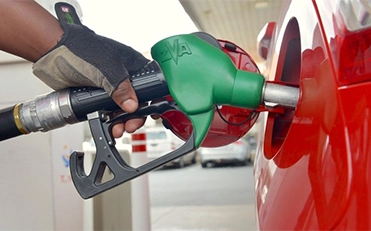
Following a vote by parliamentarians to double the Value Added Tax (VAT) rate on petroleum products from 8 to 16 percent, which is expected to have a significant impact on households, gas prices are expected to rise.
The Kenya Kwanza administration hopes to raise an additional Sh50 billion from fuel taxes, so the higher fuel prices, which are anticipated to take effect on July 1, would also be more painful for drivers, distributors, and manufacturers.
Consumers will be charged more for food, transportation, and electricity as a result of these additional costs.
After the increased taxes, a litre of super petrol in Nairobi will cost Sh193.77 from Sh182.04 while a litre of diesel might cost Sh177.94 from Sh167.28 and Kerosene at Sh171.71 from Sh161.48.
After a contentious debate in the National Assembly on Wednesday, 184 MPs voted to preserve the change as a part of the Finance Bill 2023 while 88 MPs objected.
Following the implementation of the new rate of VAT on petroleum goods, the cost of living as expressed by the consumer price index is anticipated to increase marginally further, with the rate of inflation climbing from 8% in May.
Consumers have been battling out-of-control prices for most of the past year. Inflation broke through the projected upper limit of 7.5 percent in June of last year and has since remained above the target.
The Central Bank of Kenya (CBK) reported that in March, the inflation rate for lower-income households in Nairobi was 9.04 percent, compared to just 6.75 percent for higher-income households.
Lower-income households in the capital are defined by the CBK as those that spend Sh46,355 or less per month, or 70.89 percent of all households in Nairobi.
Additionally, compared to the typical household in the metropolis, the inflation rate for homes outside of Nairobi was higher at 9.5 percent. According to KNBS data, the average household spends 32.91 percent, or around one-third, of its income on food.